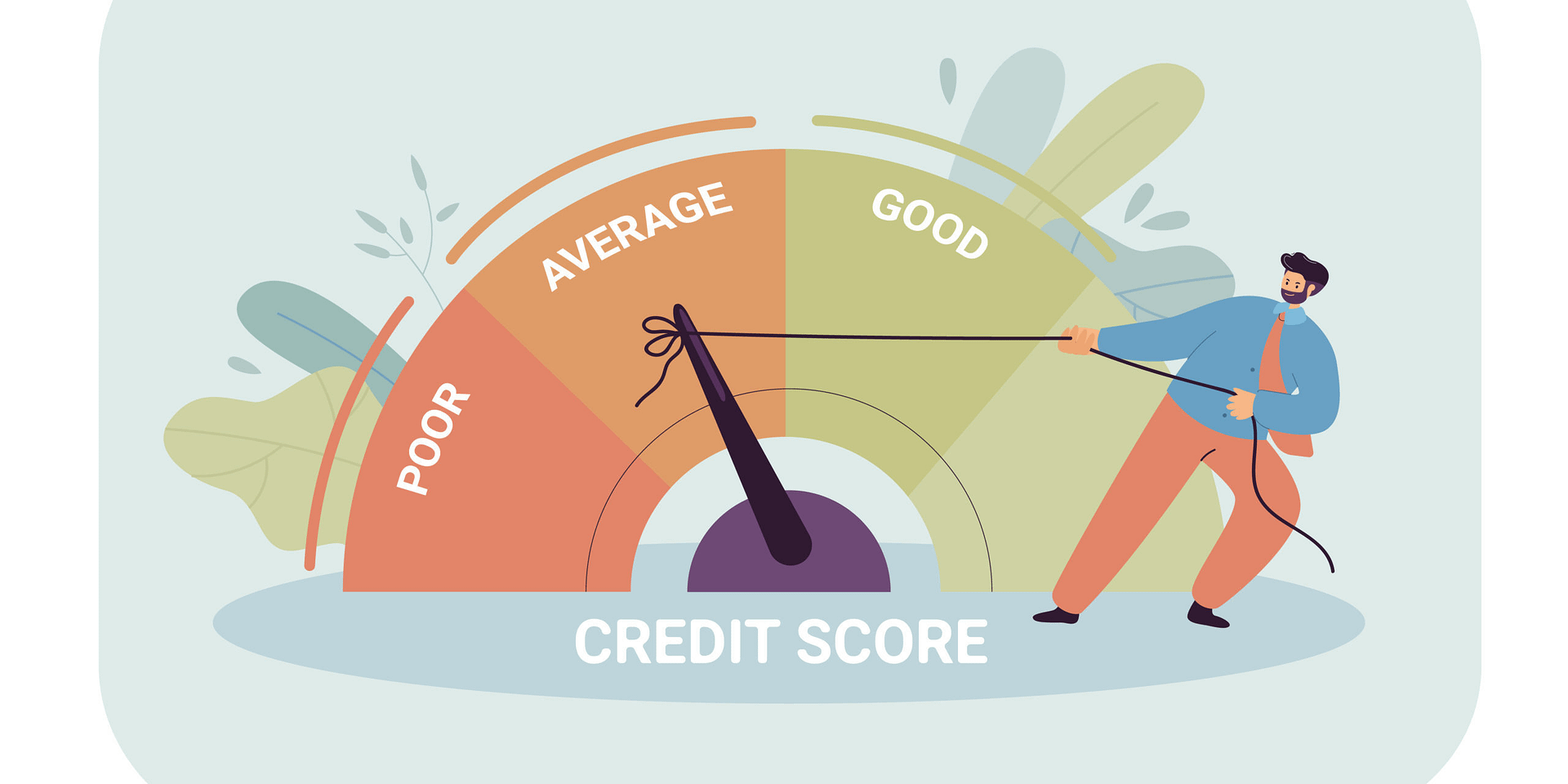COVID-19 (Coronavirus) and Your Credit Score
Consumers who are experiencing a financial hardship may be wondering how potentially late or reduced payments might impact their credit scores.
The CARES Act Credit Reporting Provision
The CARES Act amends the Fair Credit Reporting Act (FCRA). This new FCRA amendment provides protections only if a creditor approves a consumer for an “accommodation.” An accommodation is an agreement for a forbearance, a payment deferral, a partial payment agreement, a loan modification, or “any other assistance or relief granted to a consumer who is affected by the coronavirus disease 2019 (COVID-19) pandemic during the covered period.” The covered period extends to 120 days after the termination of the national emergency declared by the President over COVID-19. An accommodation should include one required by state legislation or a state emergency order. An accommodation also includes an agreement provided by a creditor voluntarily. An accommodation can relate to a mortgage loan, credit card account, a car loan, or any other agreement altering payment obligations.
New Credit Reporting Rights Under the CARES Act
The CARES Act offers the following protections:
- If the consumer was current on an obligation at the time of an accommodation approval, the account must be reported to CRAs as current if the consumer is complying with the accommodation agreement.
- The credit reporting industry utilizes the standardized Metro 2 format developed by the Consumer Data Industry Association to create credit reports. When a creditor reports accounts as “current,” the Metro 2 reporting format includes both a payment history field and an account status field. If the CARES Act requires the account to be reported as current, one would assume that both fields should be reported as current, i.e., the payment history field should be reported as not being past due while the account status field should be reported as “current.”
Your Credit Score
During these times of COVID-19, accessing your credit is important. That’s why Equifax, Experian, and TransUnion are now offering free weekly online reports through April 2021.
Spot a Violation?
Once a violation is spotted, private enforcement is a two-step process.
Step # 1: Violations of the CARES Act protections will be privately enforceable under the FCRA once a consumer lodges a dispute with a credit reporting agency, thus triggering a furnisher’s reinvestigation duties under the FCRA.
Step # 2: Violations of the CARES Act are bolstered by disputing the violation multiple times with one of the three credit reporting agencies (Equifax, Experian, and TransUnion).




